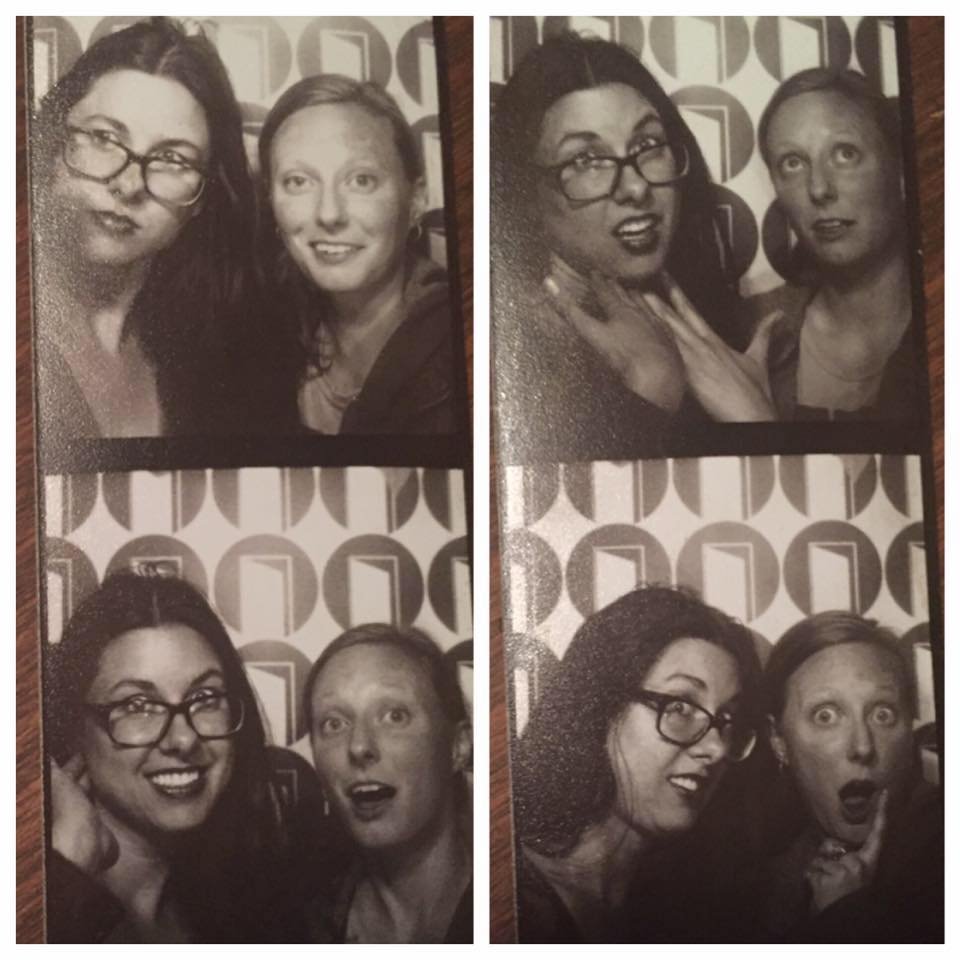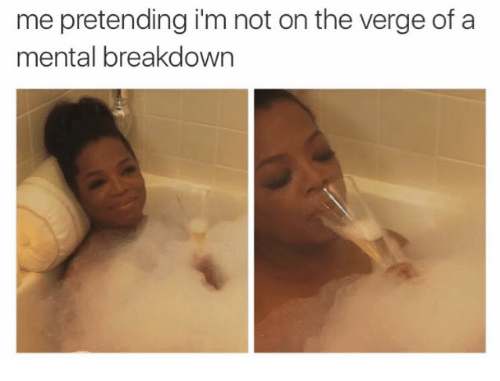Earlier this summer, I got an unexpected phone call from a friend who lives out of town.
“Hey,” I said. “What are you up to?”
“Well, I’m in Seattle,” she replied. “And I just got fired.”

That night, we went to a show and stayed up till six in the morning drinking cheap beer, even though I had a photo shoot a few hours later. I had planned on getting to bed at a reasonable hour. But she needed a good night out, time with friends, someone to talk to. I know how to take care of my unemployed friends. I know how because it’s such a common thing these days—that conversation that starts with “I just lost my job,” or got laid off, or fired, or quit because of circumstances outside of my control. Job instability isn’t just an occasional thing, it’s a way of life for people my age.
And now, I am that unemployed friend.
Although the term “millennial” has become clickbait fodder to the extent that the term is almost rendered useless, it makes sense to talk about these issues in terms of generations. Past generations have faced instability, too. The Great Depression—duh. Or the oil-crisis-fueled recession of the 1970s. It’s not a new thing, but a slow cycle in which some generations have great, secure job markets, and others don’t. My parents’ generation has, for the most part, enjoyed a great deal of security. My generation? Not so much.
It’s something we know we can’t combat. It’s outside of our control that the economy has been in the shitter more or less since the exact year that I graduated high school. The Great Recession, as it’s popularly called, is widely considered to have started in 2007 and ended in 2009. But the lasting repercussions of that setback are still being felt. Combine that with the emergence of the Internet changing the way work works, and we have a miasma of instability that’s different from anything we’ve seen before.
All of a sudden, writers don’t get paid to write. Artists can enjoy widespread Internet fame without gaining a single dollar from it. People don’t buy magazines, they read them for free online. It’s great that more voices are being heard than ever before. But we have yet to figure out how to sustain jobs in this new environment. And even in industries that exist outside of cyberspace, the pressure of instability is felt. Restaurants and retail stores are quicker to lay off employees when they know new ones will always be available. There’s a constant pool of overeducated millennials just looking for a way to pay rent. We’ve given up on the idea of using our college degrees at work. We just want to be able to live.
So, what do we do? I went back and got my Master’s degree, but the dream writing job still isn’t there. I’m lucky to have had years of restaurant experience that I can fall back on, but that didn’t save me from losing my job due to workplace drama that I wasn’t even participating in. But this is the new reality. Lamenting millennial instability doesn’t do much good, so we do other shit. Go back to school. Make art. Work fuckjobs. Take care of each other. We have those four a.m. half-drunk conversations with our recently unemployed friends, knowing that next month it could be us. We lend our couches to friends who’re between stable housing situations. We pick up the bill when we have a job and our friends don’t, so we can still go out and do fun shit together. We take care of each other.

We also have this bizarre, fierce optimism about it all. “I’m gonna make it” is the subtext in many of our conversations, even if we don’t really believe it ourselves. We tell each other that everything’s going to be okay, that the perfect opportunity is just around the corner. We have to say it. We have to believe that things will work out somehow. We know we can’t give up, so we find other ways to make it. We post on Steemit in hopes that the community will like what we say and translate it into money. Things like this website wouldn’t exist if it weren’t for millennial instability.
And we look at the bright side—our priority isn’t money, or possessions, or an unattainable idea of stability. It’s each other. It’s art. It’s compassion. These are the things that—at least in my circles—the people my age care about. It’s what I care about. We millennials are so brave, and so strong. That’s not to knock other generations, who have had their own trials and tribulations, their own positives and negatives. It’s just something I’ve noticed about us, something that needs to be said. We are amazing. And we are going to make it. Somehow. Some way.
It’s hard out here, but we have each other. So it’s not all bad.
